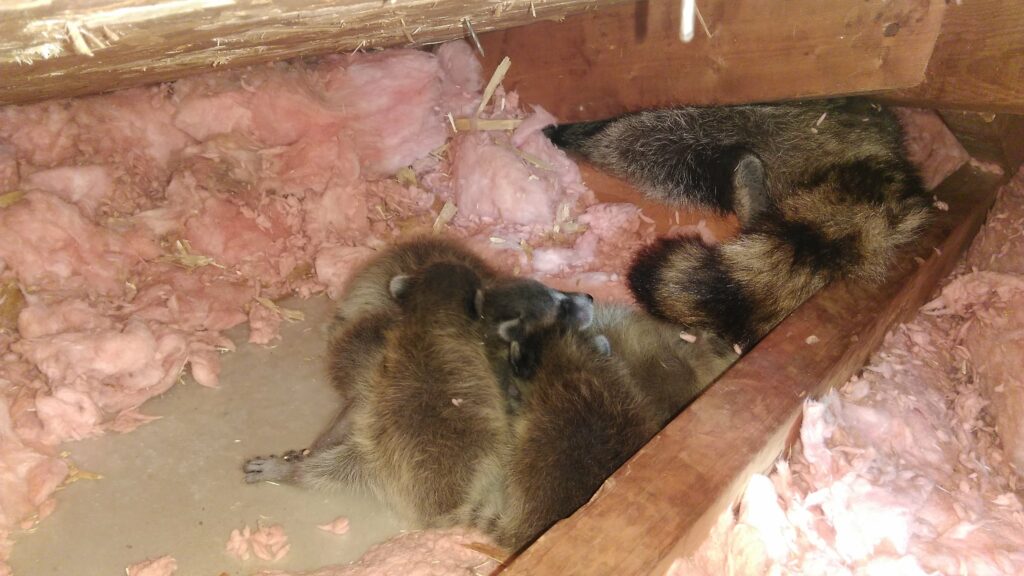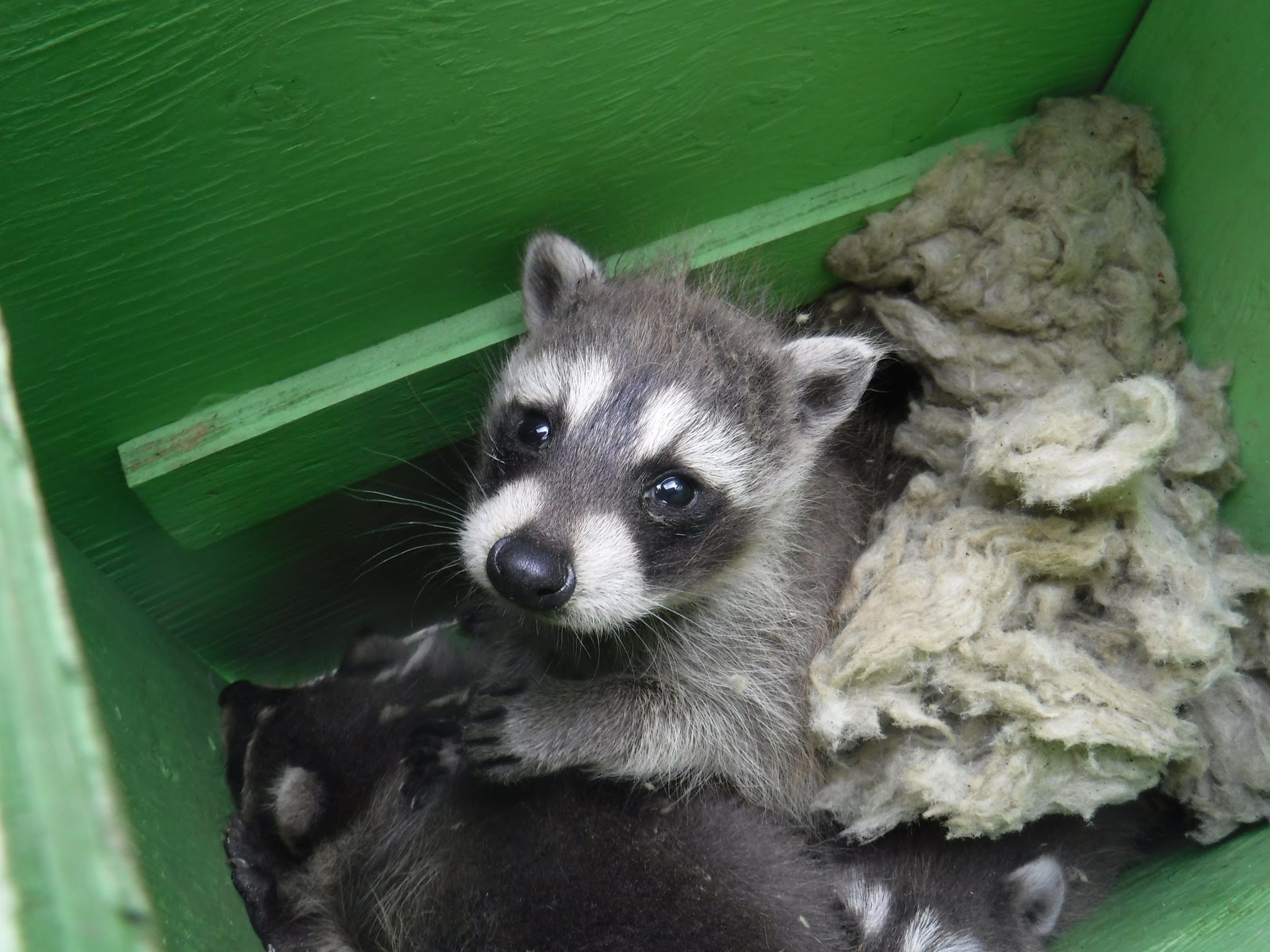1. Screeching or Screaming
Raccoons are moderately sized mammals and there are a number of predators that can feed on them, including coyotes, hawks, mountain lions, owls, bears, wolves, and foxes. Upon first sighting a predator, a raccoon may remain silent and watchful. However, if the threat remains in the area or starts getting too close, raccoons may start screaming or screeching in an attempt to scare the predator away. It is not only predators that pose a potential threat. Sometimes male raccoons can behave overly aggressively to females and their kits. The scream of a female raccoon serves as a warning to the male to stay away, as well as a signal to her kits that they should remain in their den for protection. A raccoon may also screech in response to stress, but more often, it is a warning to animals that may pose a threat while communicating the danger to others. [embed]https://www.youtube.com/watch?v=DlG5KM4YSPs[/embed]2. Chittering
Except during times of imminent danger, mother raccoons and their kits typically communicate with each other using a soft chittering or twittering sound. The sound of the mother raccoon is sometimes described as almost like a purr. The mother raccoon uses this sound to calm the kits and let them know where she is. This is important during the first couple of weeks of the kits' life as their eyes are not yet open and they cannot identify their mother by sight. When the babies are old enough to venture outside with their mother, she uses the sound to guide them to safety and prevent them from wandering off. The kits make a sort of whirring, chirring sound in response to their mother's chittering to communicate their comfort and satisfaction. They make these sounds frequently during their early lives. As the kits mature and start to become more independent, they gradually start making the sound less frequently as they prepare to move out on their own. The chittering sound is normally used exclusively by mother raccoons and their kits. Adult males are capable of making the sound too, but since they are not involved in raising the babies, they do not have much occasion to do so. Mother raccoons and their kits can recognize one other by the sounds of their voices.



